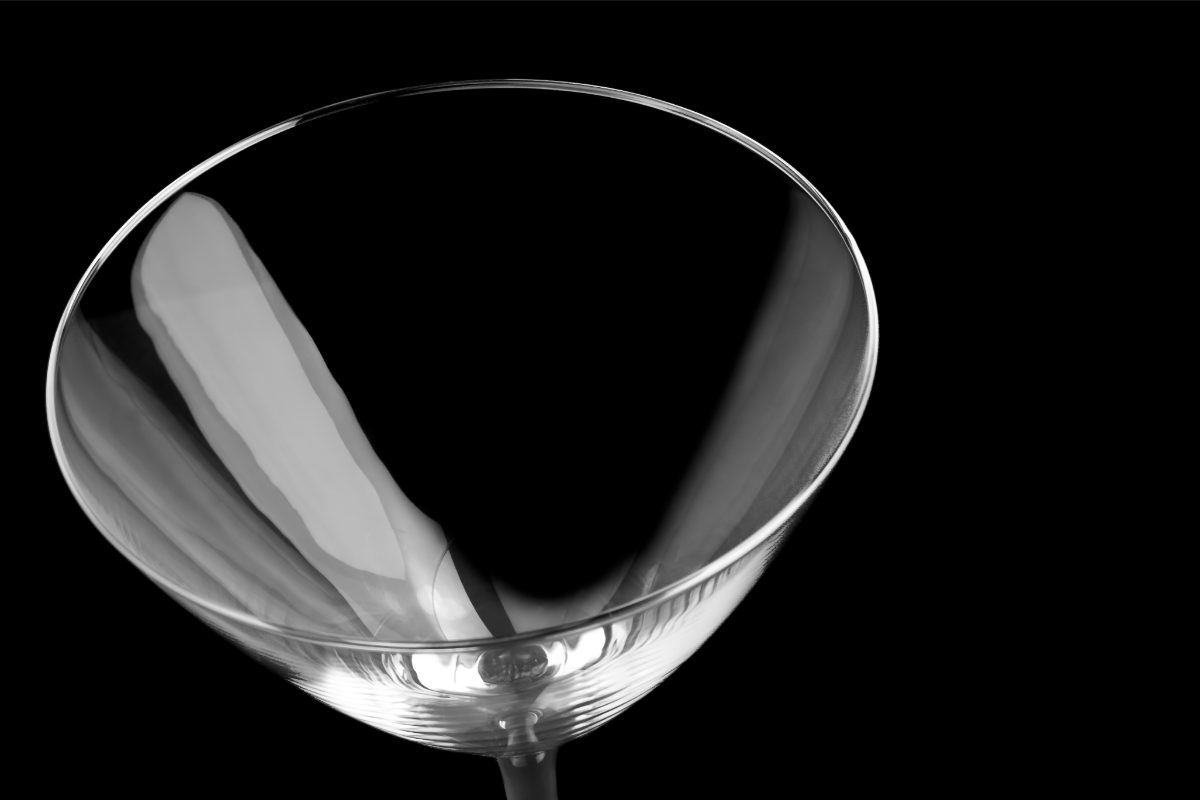If you struggle with drinking and are considering alcohol rehab, you may be considering attempting a “Dry January” for your New Year’s resolution in 2022. Dry January started in 2013 with a campaign by Emily Robinson. She was a director of “Alcohol Change UK,” an organization that helps people learn about alcohol misuse and ways to receive help.1 Robinson was training for a half-marathon. She abstained from alcohol for a month and encouraged others to join her during her preparation.
This movement began with 4,000 people and has grown into an annual event that includes approximately 4 million individuals. The new year and 2022 are here, so now is an excellent time to consider joining the Dry January trend, and if you’ve missed it, you can try a Dry February. Read on to learn about the health and long-term sobriety benefits of participating in Dry January or another Dry Month!
Health Benefits of “Dry January”
It may not be obvious to someone drinking alcohol regularly, but there are many negative health impacts of drinking. During Dry January, the health benefits of abstaining from alcohol will begin to emerge. Here are some of these benefits:
Weight Loss from Not Drinking
If a person drinks a moderate amount of alcohol each day, taking a break can help shed a few pounds each week. Alcohol has empty calories that don’t fill the stomach. When a person cuts alcohol from their diet, it eliminates those extra calories and can help with weight loss.
Not Drinking Brings a Brighter Complexion
Since alcohol is a diuretic, a person frequently urinates as they drink. Therefore, it is difficult for their body to remain hydrated. Dehydration causes the skin to become dried and wrinkled. As a result, the person appears older than they are. In addition, alcohol raises estrogen levels and spikes blood sugar. This increases the likelihood of breakouts. Without consuming alcohol, a person may enjoy healthier and younger-looking skin.
Stronger Immunity When You Stop Drinking
When a person binge drinks or consumes more than four drinks on a single occasion, it dampens the body’s immune system. A 2015 study uncovered that disease-fighting cells were lost after a binge-drinking episode.2 Having a dry period allows a person to enjoy a higher immunity.
Abstaining from Alcohol and Better Sleep
A night of drinking can wreak havoc on a person’s sleep cycle. Although it is common to feel tired after consuming alcohol, rest quality suffers. Scientific research has shown that alcohol lowers a person’s REM sleep.3 After a night of alcohol consumption, this is the reason behind morning grogginess. Taking a break from daily drinking can improve a person’s sleep patterns.
“Dry January” Helps to Establish a New Relationship with Alcohol
When an individual pauses alcohol, they may realize that it is not a necessary part of life. Also, they become more mindful when reaching for a glass of wine or a similar beverage. A person will often begin a regular exercise program or a different hobby to fill the brain with more positive activities. In many instances, a person drinks much less into the future.
Understand When Help is Necessary and Find an Alcohol Rehab
The wonderful thing about “Dry January” is that the idea involves more than just one month. Giving up alcohol for 31 days shows individuals that they do not need the substance to relax or have fun. In the end, it helps a person make better decisions about drinking or identify a problem.
Of course, during “Dry January,” a person may still feel an uncontrollable urge to reach for a drink. Also, they may feel increased guilt about their drinking. If this is the case, an alcohol use disorder may be present and alcohol rehab is necessary. If you’re unsure about whether you have a problem with alcohol, this test month may help to bring awareness to your struggle. Or, you may find that it’s easier than you thought it would be!
Silver Sands Alcohol Rehab
Silver Sands Recovery is an alcohol rehab facility that can help a person get sober and remain that way into the long-term. We focus our full attention on our patients and customize each person’s care plan to suit their specific needs. Our goal is to build a person up so that they feel more confident and able to control their lives. We provide holistic treatment options, which means that an individual’s mind, body, and spirit receive care.
To receive more information about alcohol addiction, contact our knowledgeable and supportive staff today.
Sources:
[1] https://alcoholchange.org.uk/about-us
[2] https://www.ncbi.nlm.nih.gov/pmc/articles/PMC4314366/
[3] https://www.jneurosci.org/content/34/23/7733


